Synthetic biology has the potential to be a major driver of industrial and economic development. As with any new emerging technology, the development of synthetic biology needs to be guided by Ethical, Legal and Societal Aspects (ELSA) of the field. WISB researchers are engaging with regulatory authorities, industry, academics, the wider public and other stakeholders to address this. Current ELSA research focusses on the legal framework for protecting intellectual property in synthetic biology and the role of art and design in engaging the wider community.
At WISB ELSA is about:
WISB supports a Research Career Development Fellow undertaking ELSA-related research.
WISB is committed to principles of Responsible Research and Innovation (RRI).
The WISB ELSA Lead is Dr Nicholas Lee.
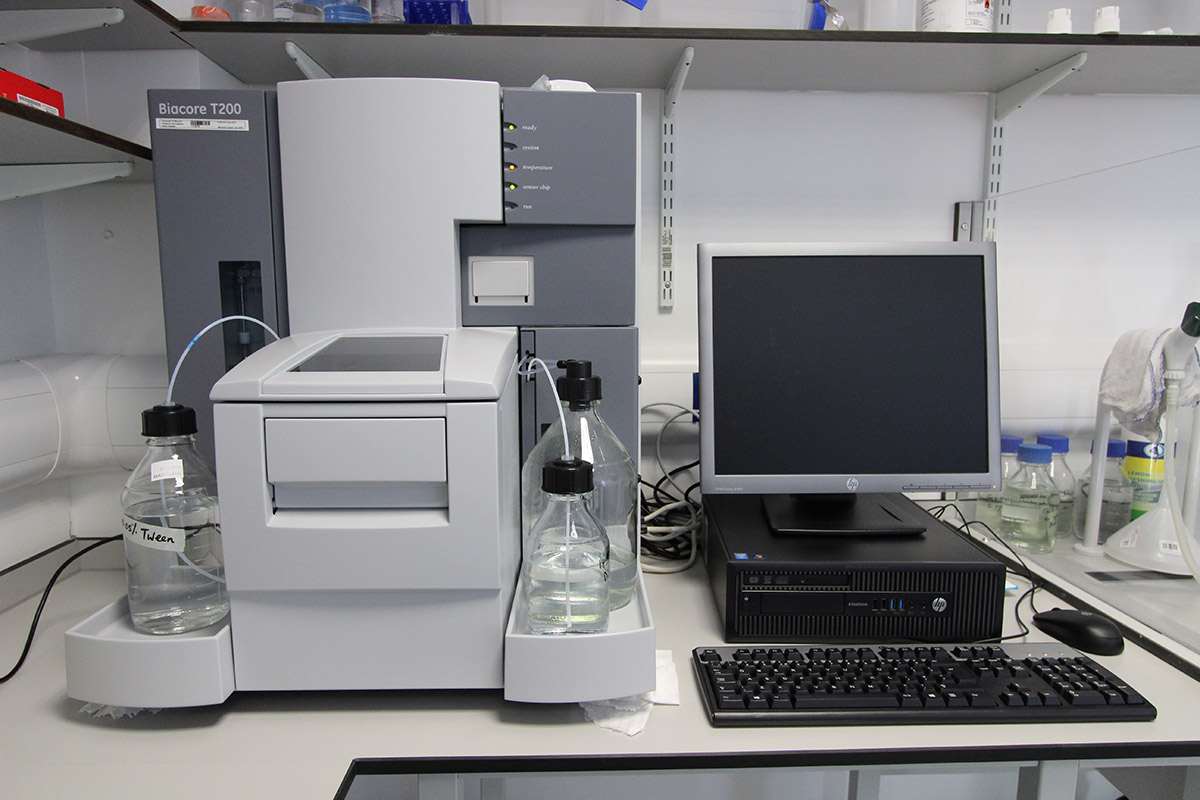
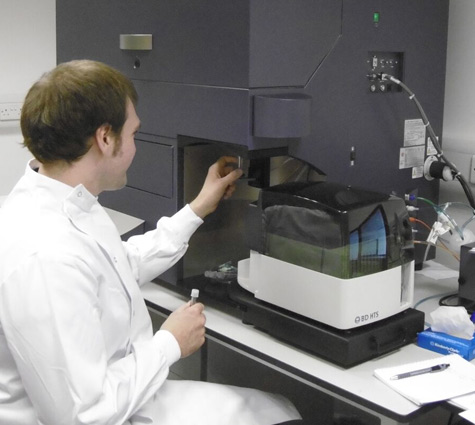
Dr. Achim Rosemann (CES Research Fellow Life Sciences and Education) is working alongside Dr. Nick Lee to consider synthetic biology entanglement.
We see ethical, legal and social aspects of synthetic biology through the lens of ‘Entanglement’.
As Hillis (2015) suggests, while Enlightenment assumptions about research still hold sway, in reality Entanglement is a better frame. This means that:
In consequence three tensions:
Hillis http://www.scientificamerican.com/podcast/episode/the-coming-entanglement-bill-joy-an-12-02-15/
WISB hosted a 2-day workshop exploring how synthetic biology research is connected to the external world and how it can be opened up and shared with the public.
The workshop examined a range of philosophical, ethical, communication, interdisciplinary and societal issues in synthetic biology.
Our researchers gained an understanding of key theories and methods used in a wide variety of science communication, bioart, and speculative design projects that deal with synthetic biology and are intended to ignite thoughtful exchange and debate.
The workshop was facilitated by WISB collaborators from University of Copenhagen, Denmark.
Facilitator Britt Wray had asked participants to “imagine a world in which synthetic biology has delivered significantly on its promises”, expounding the contributions of non-scientists in its development. Manish Kushwaha, a WISB Research Fellow, wrote from such an imagined future.
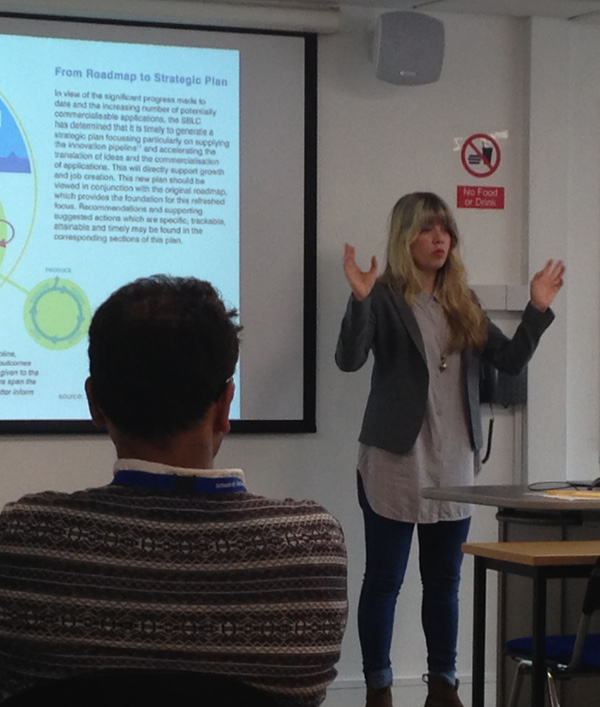
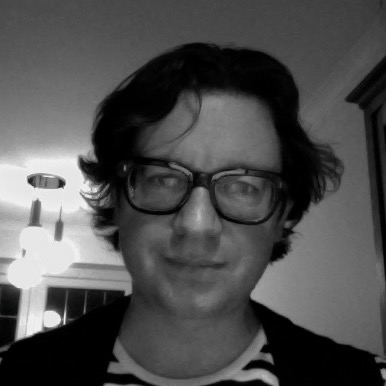
Theme Lead
Cultural implications of, and responsible research and innovation in the field of synthetic biology.
N.M.Lee@warwick.ac.uk Website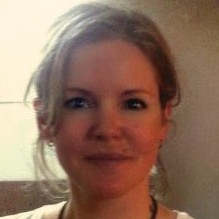
Public understanding of science and intuitive reasoning about synthetic biology from the perspective of the cognitive and behavioural sciences.
laurenswiney@gmail.comGene drive responses to Zika: A case of the Anthropocene predicament?
N. Lee4S/EASST Annual ConferenceAugust 31, 2016Human germline editing: Global governance challenges
A. Rosemann4S/EASST Annual ConferenceAugust 31, 2016Session on gene editing in context
N. Lee, A. RosemannConveners, 4S/EASST Annual ConferenceAugust 31, 2016